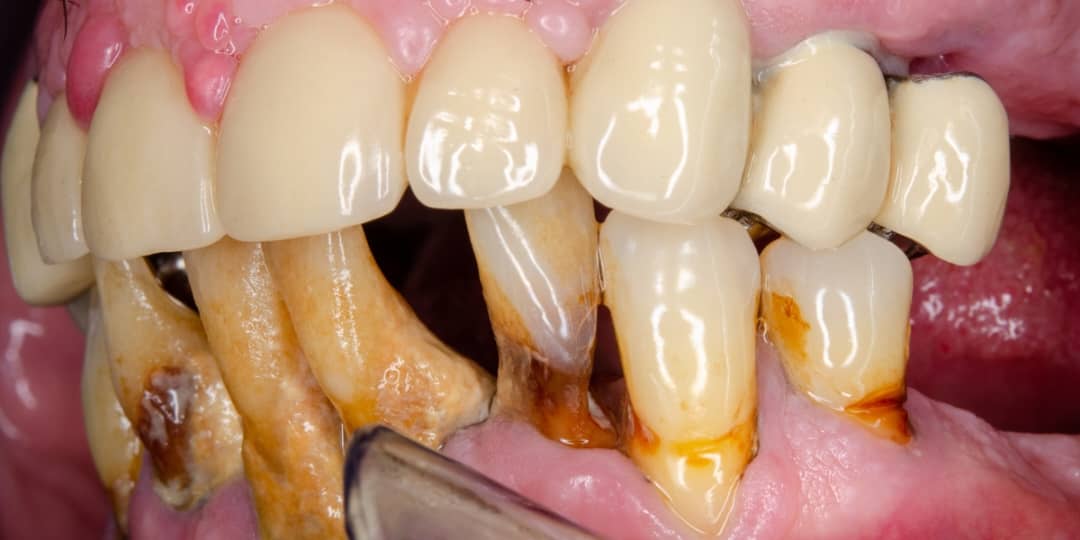
Methamphetamine is a highly addictive stimulant with severe health consequences, one of the most significant being its devastating impact on oral health, known as "meth mouth." This condition is characterized by extreme tooth decay, gum disease, and even complete tooth loss, severely affecting the user's quality of life.
Meth mouth doesn’t result from the drug itself but rather from the side effects of methamphetamine use. The drug causes dry mouth by reducing saliva production. Saliva helps reduce harmful bacteria in the mouth, and without it, bacteria flourish, leading to rapid tooth decay and gum damage.
Users often crave sugary drinks and neglect oral hygiene, further worsening the damage. Methamphetamine contains acidic compounds like battery acid and household chemicals that erode tooth enamel. Additionally, meth use leads to teeth grinding, which exacerbates the damage by applying pressure to already weakened teeth.
Symptoms of meth mouth include blackened teeth, severe cavities, gum disease, and tooth loss. Decay typically starts at the gum line and progresses rapidly, often leaving teeth beyond repair. Despite the extensive damage, meth users often experience little to no pain, making the condition even more insidious.
Treatment for meth mouth depends on the severity of the damage. Dentists may recommend fluoride treatments, regular brushing, and increased water intake to reduce further harm. In severe cases, tooth extraction and replacement options like dentures or veneers become necessary. It is also crucial to provide addiction recovery support to prevent ongoing oral and overall health damage.

